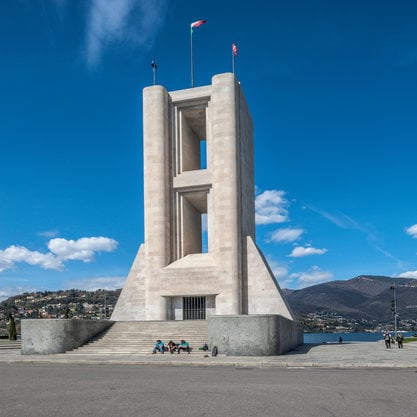Article
Parole in Libertà By Fabietti, Elena
Article
Translatable as ‘words in freedom’ or ‘liberated words’, the phrase Parole in Libertà is an essential slogan of the Italian Futurist movement, and refers to a radical new way of using literary language and liberating it from the bounds of tradition. First coined by Filippo Tommaso Marinetti in the ‘Technical Manifesto of Futurist Literature’ (1912) and further defined in texts such as ‘Destruction of Syntax/Imagination without Strings/Words-in-Freedom’ (1913) and ‘Geometric and Mechanical Splendor and the Numerical Sensibility’ (1914), the phrase has come to define the entire futurist aesthetic of visual language. The technique primarily applies to the invention of specific tables of words (tavole parolibere) artfully arranged in typographical innovative patterns (e.g. through the procedure of ‘typographic analogy’, where, the verb ‘to go down’ has to graphically mimic the action of descending).


